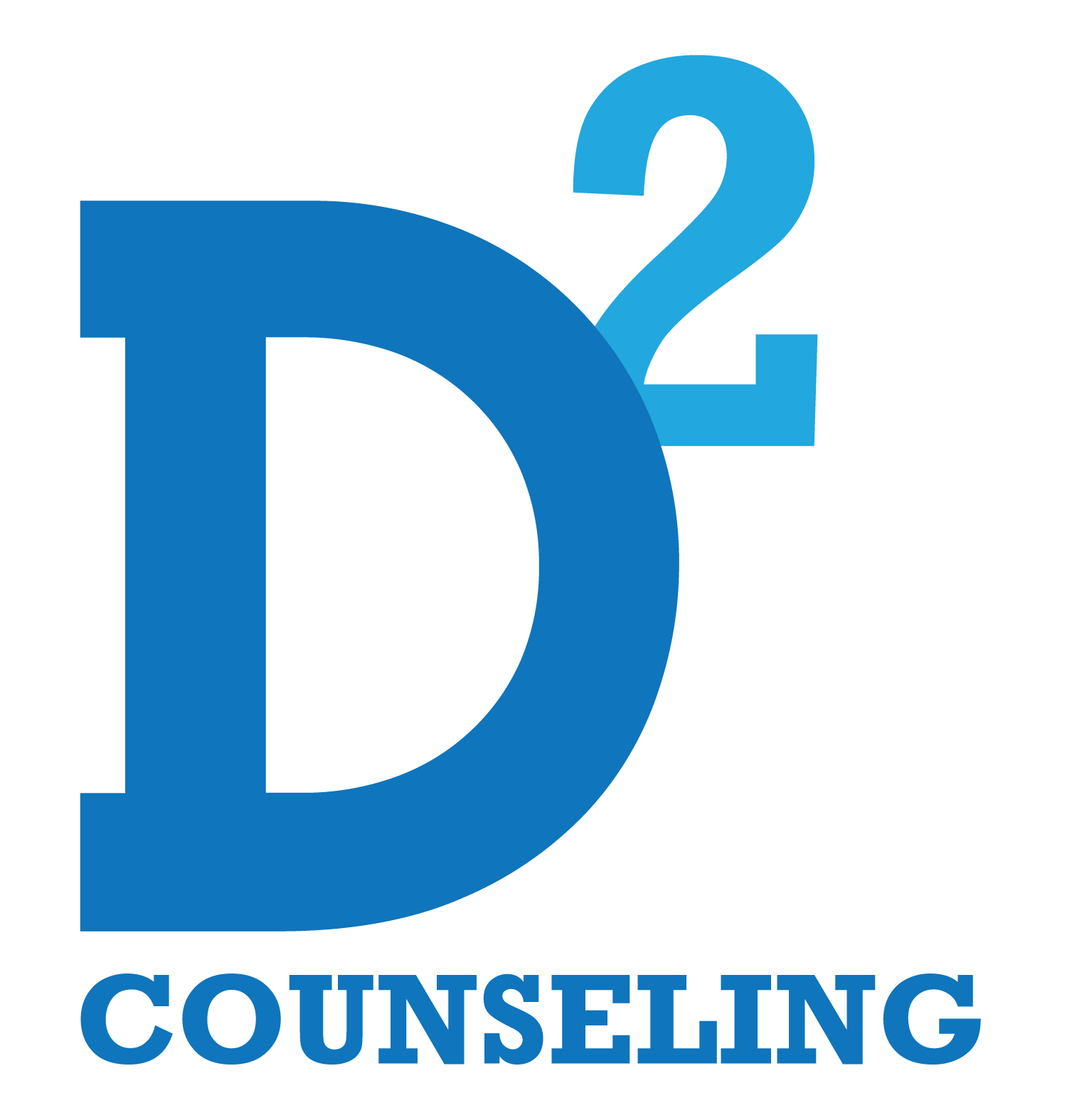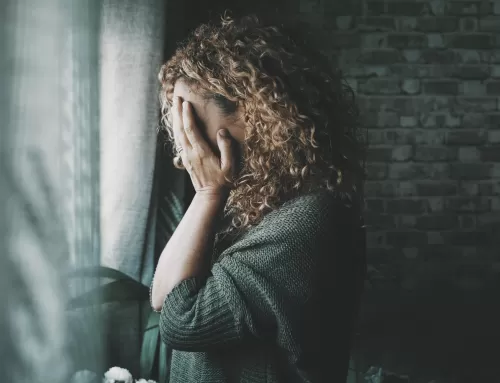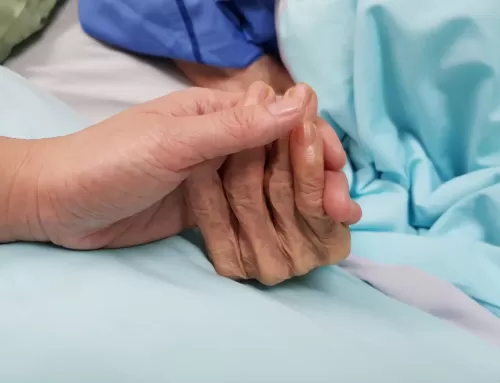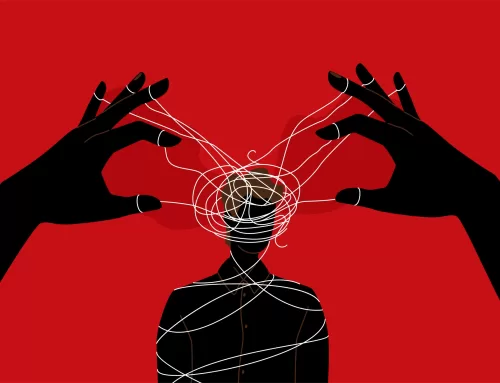The sun shines through your window, aiding your alarm to wake you up for the morning. You stretch and cheerfully jump out of bed, ready to take on all the day has in store. You’re full of life and excited to experience each moment. Your life up until this point has been as it should be, a collection of good and bad experiences each molding you into who you are. Nonetheless, life goes on each day.
It was just another regular day until it wasn’t. You begin to hear talks going around about this deadly virus that’s spreading at an uncontrollable rate. You’re told to work from home until further notice. One event gets canceled, another store closes, and suddenly — everything is shut down.
We all remember that day, the last day felt ‘normal’ to us. Then, COVID shook our worldview, and it’s never been the same since. For the past two years, we’ve been living in what’s been coined the ‘new normal.’ In spite of the vast changes, we have been managing. We have been managing despite the lack of community and the absence of our regular routine. This state of survival has become our ‘new normal,’ but the negative effects on our mental health may be too heavy to carry for much longer.
Now, two years later, steps have been taken to slow the spread of this virus. Although some of the changes to the way the world now works are permanent, many businesses and offices have reopened, and events are being held again. In many ways, it appears that there has been a total return to regular life, but we’re still feeling stuck. As employment, relationships, and addresses have all shifted and transformed during the last two years, re-integrating into our local communities and public spaces is bound to be an awkward transition. Additional stress from the pandemic makes it even more difficult to find the clarity you need to determine your new path forward.
You no longer have to carry these burdens alone. Now is the time to get up, get out, and retrain your mind to be comfortable again in the world outside of your home. It won’t be an easy process, but you can take it one step at a time. Group therapy options are available to let you know that many others are also struggling with this transition. Many others are also confused about what their ‘new normal’ should look like. Individual therapy with a trained professional is another option to learn new coping strategies for managing anxiety and depression.
It’s time to remember who you are. You deserve to define your own ‘new normal.’




